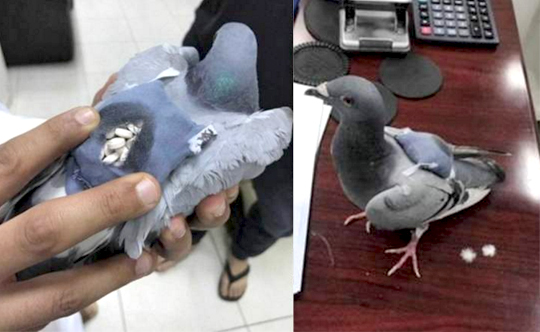In a bid to help struggling small businesses in Covid-19 times, Facebook has introduced Shops to help set up a single online store for customers to access on both Facebook and Instagram.
While Facebook Shops is being rolled out from Wednesday, the company will introduce Instagram Shop, a new way to discover and buy products in Instagram Explore, this summer, starting in the US.
The social networking giant also announced that it will invest in features across its family of apps to inspire people to shop and make buying and selling online easier.
"Creating a Facebook Shop is free and simple. Businesses can choose the products they want to feature from their catalogue and then customise the look and feel of their shop with a cover image and accent colours that showcase their brand," Facebook said in a statement late Tuesday.
Any seller, no matter their size or budget, can bring their business online and connect with customers wherever and whenever it's convenient for them.
People can find Facebook Shops on a business' Facebook Page or Instagram profile, or discover them through stories or ads.
"From there, you can browse the full collection, save products you're interested in and place an order — either on the business' website or without leaving the app if the business has enabled checkout in the US," informed the company.
Last month, Facebook announced $40 million in grants for 10,000 small businesses in the US to help them get through these challenging time.
The grants will go to small businesses in 34 locations where Facebook employees live and work.
The company said that in Facebook Shops, users will be able to message a business through WhatsApp, Messenger or Instagram Direct to ask questions, get support, track deliveries and more.
In the future, they will be able to view a business' shop and make purchases right within a chat in WhatsApp, Messenger or Instagram Direct.
Later this year, Facebook will add a new shop tab in the navigation bar, so people can get to Instagram Shop in just one tap.
Facebook said it is making it easier to shop for products in real time.
Soon, sellers, brands and creators will be able to tag products from their Facebook Shop or catalogue before going live and those products will be shown at the bottom of the video so people can easily tap to learn more and purchase.
"We're starting to test this with businesses on Facebook and Instagram, and we'll roll it out more broadly in the coming months," said the company.
Facebook is also working with partners like Shopify, BigCommerce, WooCommerce, ChannelAdvisor, CedCommerce, Cafe24, Tienda Nube and Feedonomics to support small businesses.






Comments
Add new comment